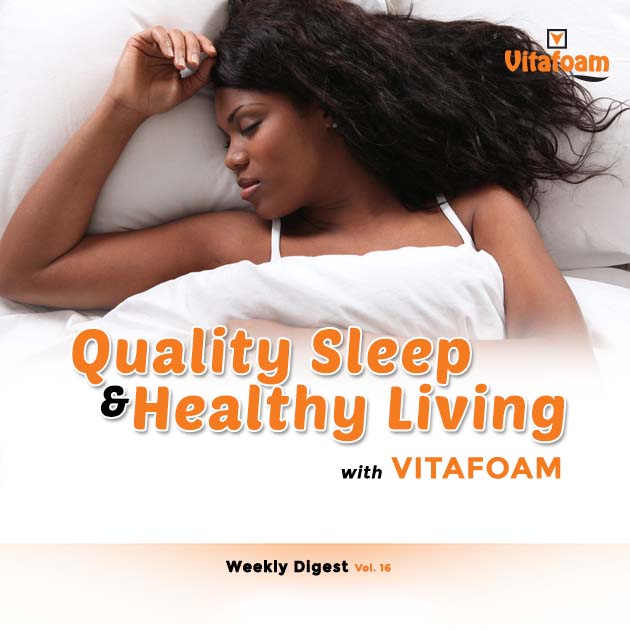
What category of “Sleeper” do you belong to?
Sleeping can occur both outdoor and indoor at every temperature but not all temperatures can support quality sleep. Most of us have encountered the parley with bad sleep over an excessively hot or cold night.

Good sleep is determined by various factors, with one factor being temperature of the sleeping environment.
So, which temperature assures us this good sleep?
While some people prefer their bedrooms warm because they “sleep hot”, others prefer a bedroom cooled down because they “sleep cold”. Which category do you fall under?
It can pose as an interesting debate — especially if you’re sharing a bed/bedroom with someone who doesn’t quite flow with your preference for sleep environment temperature. But it is possible to find a healthy and happy midway.
No matter where one belongs, it has been found that sleeping too hot, feeling stuffy and sweaty or too cold, feeling freezing and shivering, can deprive one of a good night’s rest. According to a sleep psychologist, Michelle Drerup, PsyD “If your bedroom becomes uncomfortably hot or cold, you are more likely to wake up easily and end up with poor quality sleep.”
But why is it so?
Scientists have found that an internal body clock regulates sleep and other bodily functions. This master “body clock” gets its signals from a number of factors, ranging from light exposure (which is the most significant), to exercise, and temperature. The clock is most noticeably affected by the light-and-dark cycle of the sun. It synchronously controls the wake-sleep cycle and is seated in a part of the brain.
During the day, the light sends a signal to the clock for wakefulness. This stimulates the production of a body chemical for alertness, cortisol, which also keeps the body temperature at its day awake level. For most people, the normal body temperature during the day is around 37° C.

When the sun goes down, the darkness signals the same internal clock accordingly. This triggers the release of melatonin, a brain chemical for sleep. The signaled clock also causes the internal body temperature to begin to cool down as part of the sleep initiation process. This temperature drop usually start a few hours before one falls asleep. During sleep, the body temperature continues to fall reaching its lowest point in the early morning and then gradually warms up as the morning progresses. The body cools itself down for sleep by sending heat away from the internal body compartments. The clock achieves this through signal that increases blood flow from the inner body compartments to the outer body parts, especially the limbs. The increased blood flow carries the heat from the inner body parts to the outer parts for heat losses to the environment thereby resulting in inner body cooling. This is why people may experience warm hands and feet at night.
If the surrounding temperature is too hot, this temperature dropping will be disrupted and one will have more trouble falling and staying asleep. On the flip side, sleeping in an environment that is too cold also has its downsides. It may not affect your sleep cycles as drastically as sleeping too hot, but it may lead to other health issues.
As a rule of thumb, the sleep psychologist, says,
Strive to sleep with environment temperature at 60 to 67° F (15 to 19° C) and to think of your sleep corner as your ‘cave’
That is, sleeping in a calming and relaxing environment that is noiseless, dark, smelling nice with cool temperature. This form part of a good sleeping habit.
In our next article, we will look at how temperature affects not only the onset of sleep and the sleep quality but the time spent in different sleep stages, the different good sleep temperatures with ages and how to ensure a good sleep temperature.

Are you currently facing any sleeping difficulty or looking for the best way to maintain quality sleep for generally wellbeing and healthy living?
A certified specialist is best fit to offer relevant advice for maintenance of quality sleep, sleep difficulties and solution.
Do you want to contact the Orthopaedic Sleep Consultant, Dr Charles Uzodimma, kindly send your request to sleepinfo@vitafoam.com.ng
Vitafoam is passionate about quality sleep, healthy living and general wellbeing of Nigerians. We are proudly Nigerian and constantly supports Nigerians with consistent quality products for comfort and wellbeing.